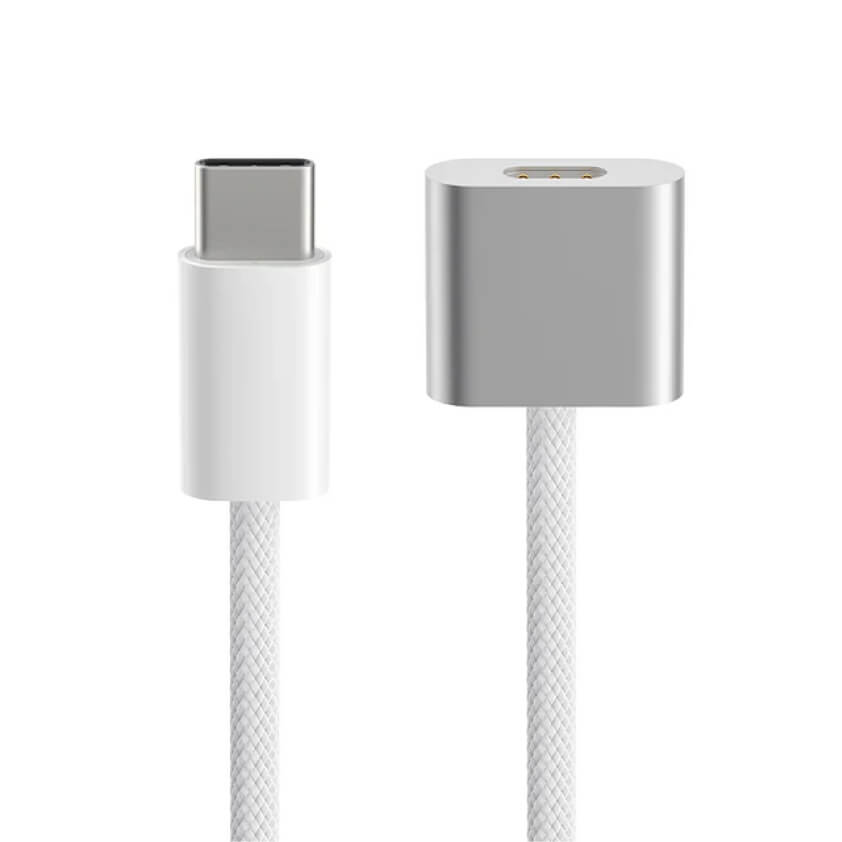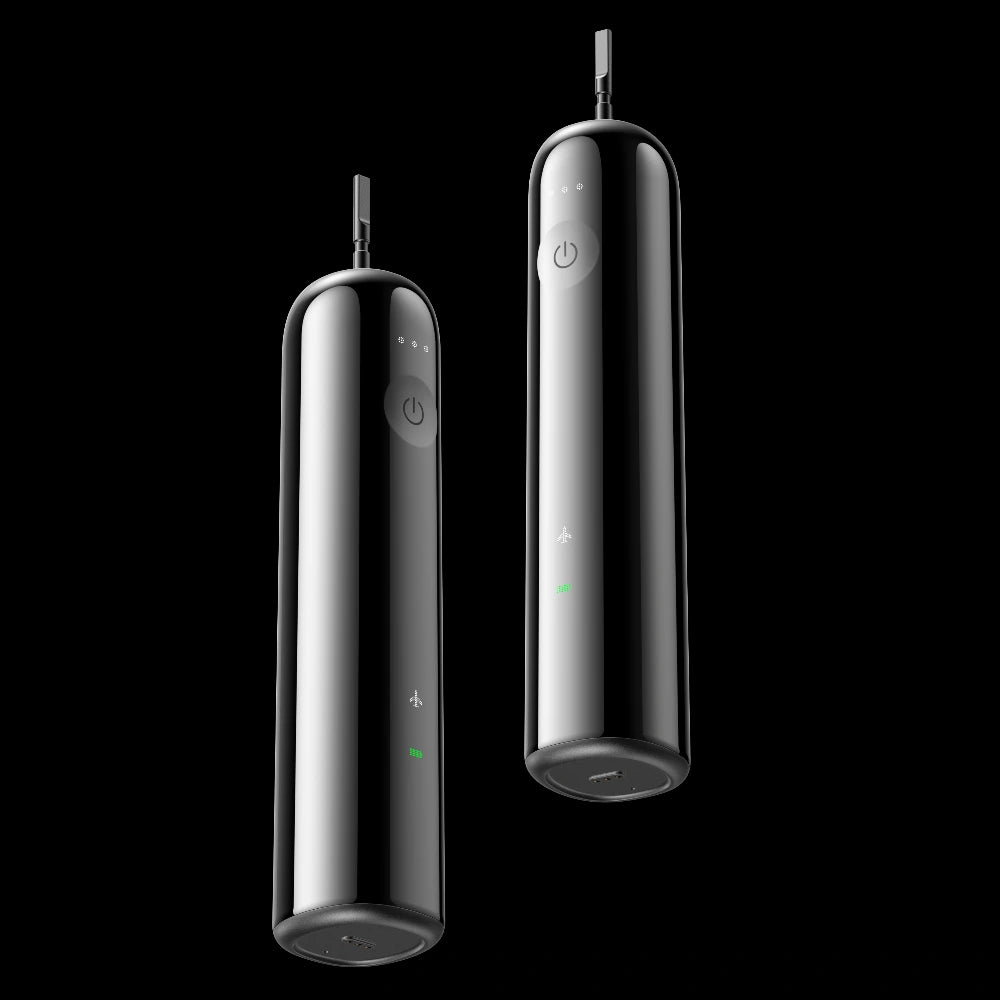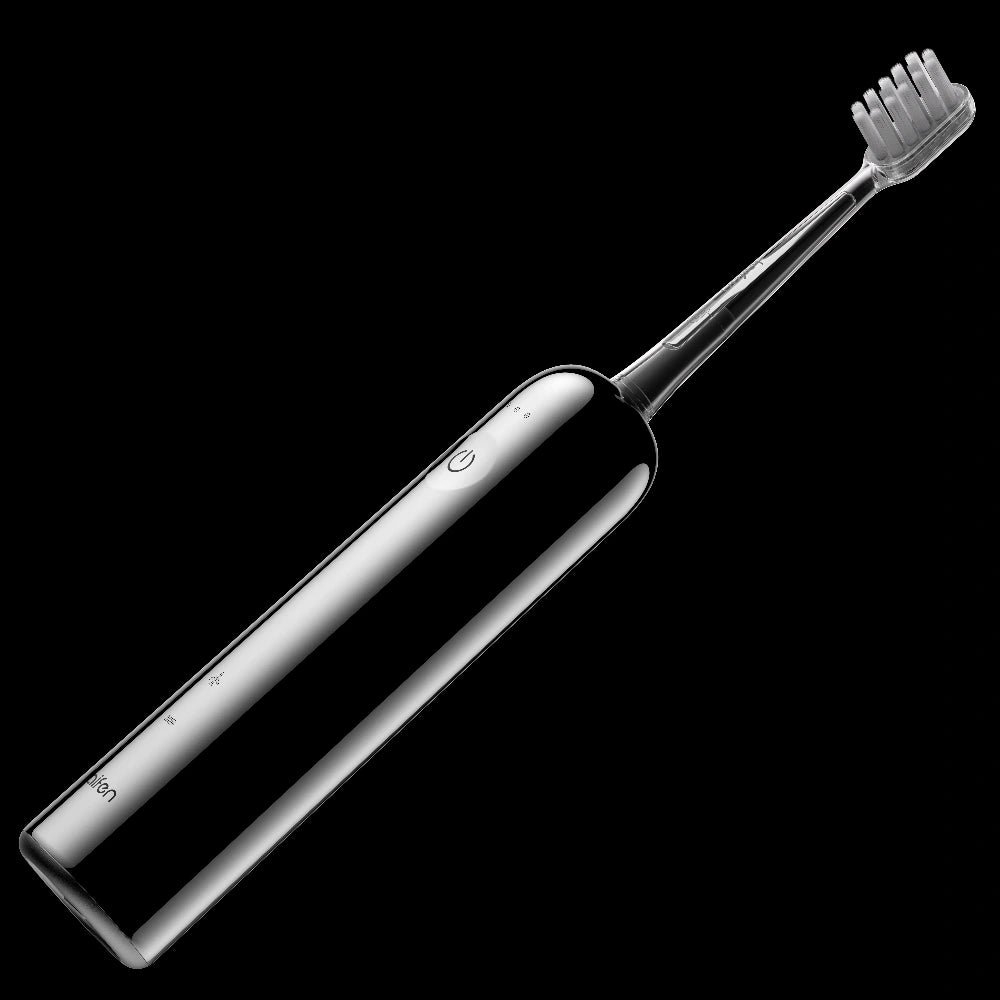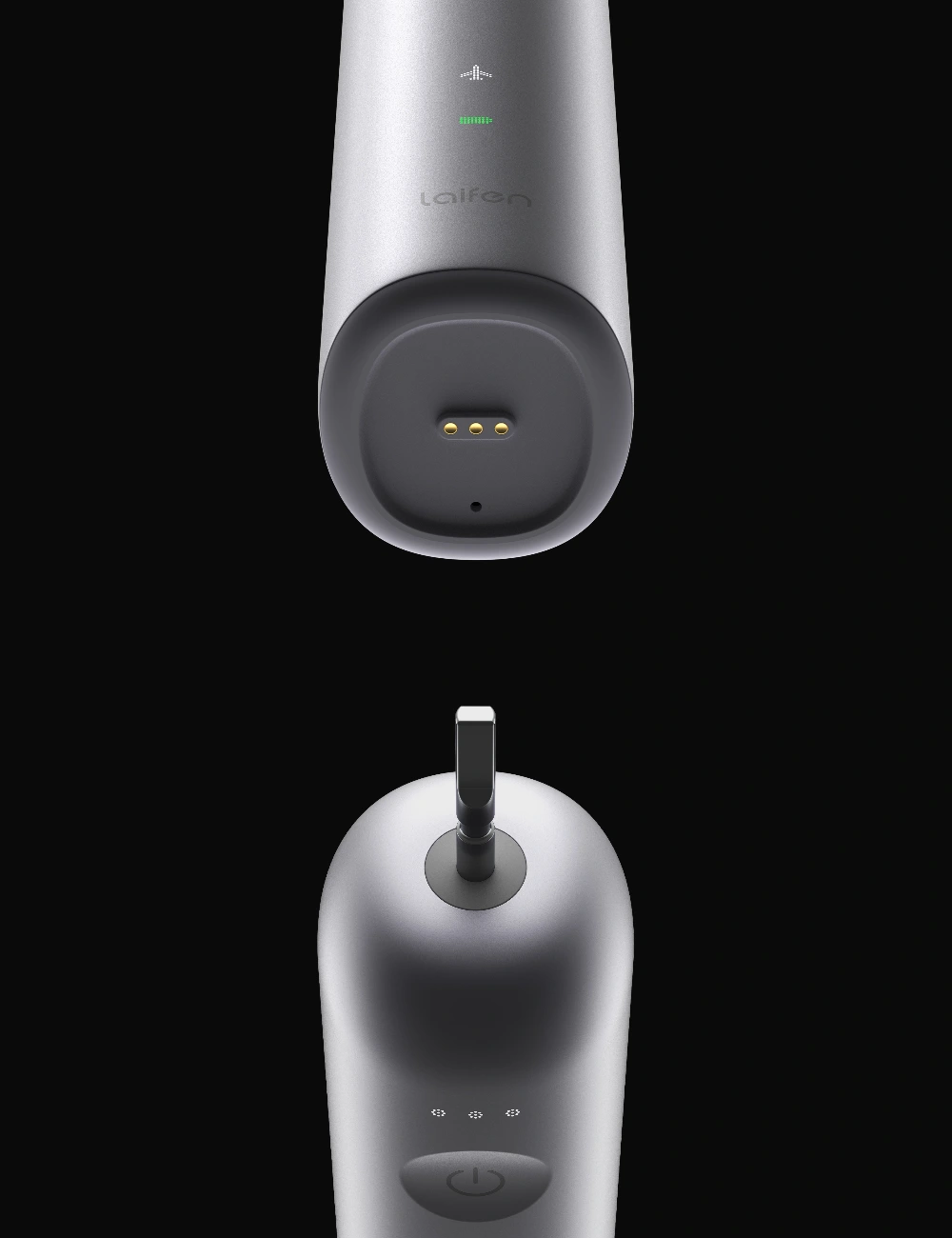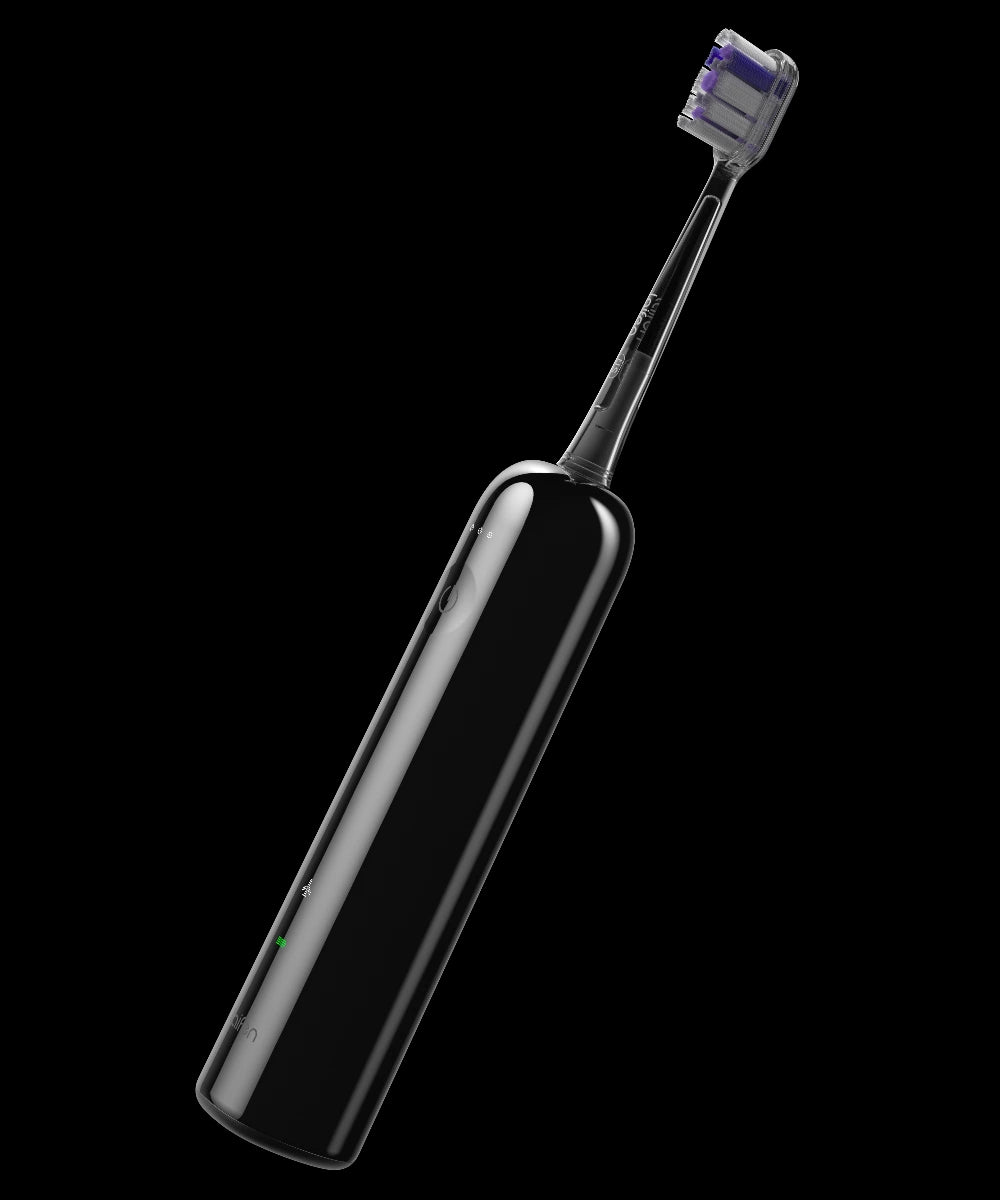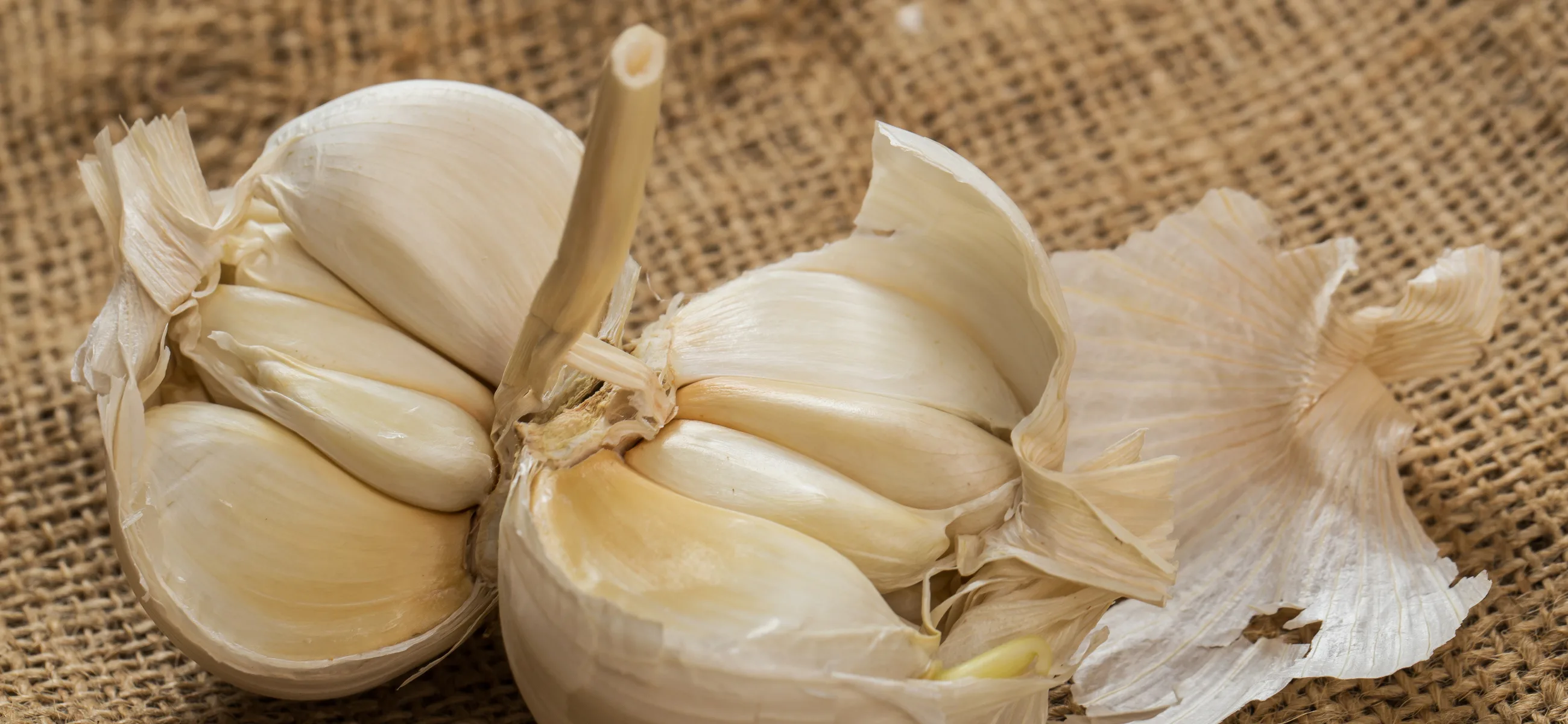![10 foods that cause bad breath [2024]](http://www.laifentech.com/cdn/shop/articles/foods-that-cause-bad-breath.webp?v=1716435429)
In this article
Let's talk about something super interesting: foods that can give you bad breath! You know, what you eat can really affect how your breath smells. It's not just about brushing your teeth; it's about what you put in your mouth, too.
Taking care of your oral health means paying attention to what you eat. I'm going to introduce you to 10 foods that might surprise you with their bad breath powers. We'll have categories like "spicy surprises" and "smelly culprits." Just find out what they are and how you can keep your breath fresh!
What is bad breath?
Bad breath, also known as halitosis, refers to an unpleasant odor emanating from the mouth when exhaling.
It can originate from various sources, including oral habits, diet, and more.
Signs of bad breath include a persistent foul smell in the breath, a dry mouth, and a bad taste in the mouth.
Historically, concerns about bad breath date back centuries, with ancient civilizations using various methods to combat it, such as chewing herbs or spices. Today, bad breath remains a prevalent issue, affecting an estimated 25% to 30% of the global population to some degree.
Is food a significant cause of bad breath?
While food is indeed a significant contributor to bad breath, we can recognize that there are various other factors at play as well. Poor oral cleaning actions, such as infrequent brushing and flossing, can allow food particles to accumulate in the mouth. Certain medical conditions like gum disease, dry mouth (xerostomia), and respiratory infections can also contribute to halitosis.
However, food remains a crucial factor because what we eat directly affects the odor of our breath. Foods containing strong-smelling compounds, such as garlic, onions, and spicy foods, can produce lingering odors in the mouth that are difficult to mask. Moreover, the breakdown of food particles by bacteria in the mouth can release volatile sulfur compounds, further exacerbating bad breath.
10 foods that potentially causes your bad breath from stomach
This is a list of foods that cause bad breath.
Onions and garlic (Allium vegetables)
Type: Sulfuric breath
The sulfur compounds in onions and garlic break down during digestion and releases volatile gases like hydrogen sulfide, which contribute to bad breath.
What to do: Consuming raw vegetables like parsley or crunchy fruits like apples can help cleanse the palate and neutralize odor-causing compounds.
Coffee
Type of bad breath: Acrid breath
Coffee's acidity can lead to a decrease in saliva production and generate an environment for odor-causing bacteria to thrive. Its strong aroma can also linger in the stomach and be released through breath.
What to do: Drinking water alongside coffee helps wash away acidic residues and stimulate saliva flow, which naturally cleanses the mouth.
Spicy foods
Bad breath type: Acidic breath
Capsaicin in spicy foods can irritate the gastrointestinal tract and cause acid reflux and contributing to bad breath. Spicy foods can also stimulate acid production in the stomach.
Guides: Avoid lying down immediately after eating spicy foods to reduce acid reflux. Chewing sugar-free gum or rinsing with water can help neutralize acids and freshen breath.
Dairy products
Type: Lactic breath
Lactose and dairy proteins can ferment in the stomach and cause the production of gases and sulfur compounds that contribute to bad breath.
What to do: Choosing lactose-free dairy alternatives or consuming dairy with other foods can aid digestion and reduce the risk of bad breath.
Canned fish (Tuna, sardines)
Type: Fishy breath
Canned fish, particularly those high in protein like tuna and sardines, can lead to the release of sulfuric compounds during digestion and make bad breath happen.
What to do: Rinsing the mouth thoroughly after consuming canned fish can help reduce lingering odors.
Alcohol
Type: Dehydrated breath
Alcohol can lead to dehydration, which reduces saliva production and allows bacteria to proliferate in the mouth and stomach.
Tutorials: Alternating alcoholic drinks with water can help stay hydrated and reduce the risk of bad breath. Brushing and flossing before bed can remove alcohol residue from the mouth.
High-protein foods (Meat, eggs)
Proteinaceous breath
Protein-rich foods contain amino acids, some of which contain sulfur. During digestion, these sulfur-containing compounds are released through breath, resulting in bad breath.
What to do: Consuming high-protein foods in moderation and balancing them with fiber-rich foods can aid digestion and reduce bad breath.
Cabbage and cruciferous vegetables (Broccoli, cauliflower)
Type: Gassy breath
Cruciferous vegetables contain sulfur compounds and high levels of fiber, which can lead to increased gas production in the stomach.
Guides: Cooking cruciferous vegetables can help break down gas-producing compounds. Drinking plenty of water can help flush out the digestive system and reduce bad breath.
Sugary foods and drinks
Type: Sweet breath
Sugary foods and drinks promote the growth of bacteria in the mouth and stomach and makes the production of acids and foul-smelling gases.
What to do: Limiting sugary foods and drinks, especially between meals, and practicing good oral hygiene can help reduce bad breath.
Processed foods
Type: Artificial Breath
Processed foods often contain artificial additives, preservatives, and high levels of refined sugars. These ingredients can disrupt the balance of bacteria in the stomach and contribute to bad breath.
What you need to do: Choosing whole, unprocessed foods whenever possible and rinsing the mouth after enjoying processed foods can help reduce the risk of bad breath.














